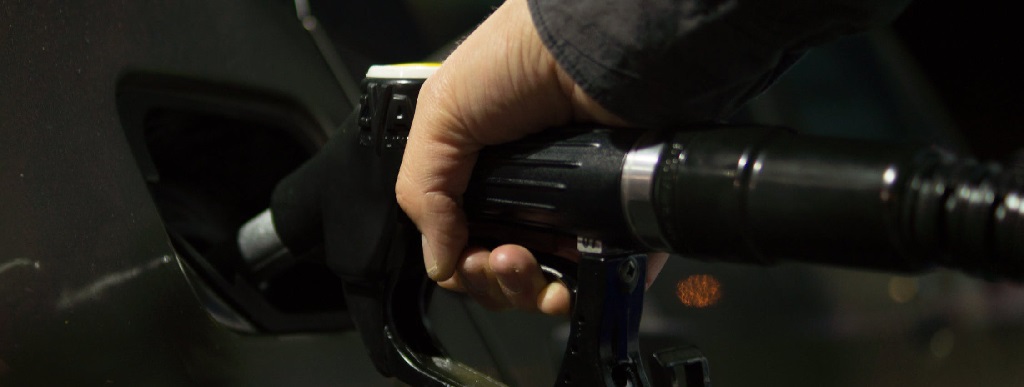Jan 27, 2021

Steps to Derive the Best Fuel Economy from Your Car
Gas prices vary from one city to another and are generally unpredictable through the year. You certainly will not be able to control these prices, but you can take a number of steps to get better fuel economy from your car. These steps are applicable for all cars, whether they are SUVs, sedans, hatchbacks, or pickup trucks. Sometimes these methods help to increase the vehicle’s life as well.
Methods for Best Fuel Economy
- Drive at a Steady Pace: Sudden acceleration or deceleration can have a negative impact on your vehicle’s mileage. When you look to drive aggressively, fuel consumption is invariably on the higher side. The best way for you to get a healthy mileage is to drive at a constant speed.
- Drive in the Correct Gear: There is no need to worry about the gears while driving an automatic vehicle where gearshifts do not have to be controlled. However, a lot of people drive using stick shift, and it is here that knowledge of gears comes in. If you are driving at a speed which is higher than what is ideal for that gear, your car will end up consuming more fuel than usual.
- Plan Trips Well: Do you need to go to multiple destinations on a single day? If yes, then remember to add all destinations to the map and check, for the best route. This will ensure that you do not have to go back and forth on this trip and reduce your weekly fuel costs.
- Driving in the Heat: Heat is helpful for your car as it warms up fast and moves through warm air in an aerodynamic fashion. It is always a good idea to first remove the warm air while travelling through town and then use the air conditioner, as this helps cool the vehicle faster. Always remember to look for a shaded spot to park your vehicle.
- Driving in the Cold: Cold conditions have the potential to reduce your fuel economy by at least 20%, especially if you make several short trips. Slow moving traffic on snowy roads, reduced tire pressure, and variations in cold weather fuel make your vehicle burn more fuel than usual. It is a good idea to park the vehicle indoors to keep the engine warm. Start the vehicle and wait up to a minute before leaving, as it would help the engine heat up and perform well. Always remember to change vehicle engine oil before the cold season, to prevent it from become viscous. Keep a check on tire pressure as well.
- Drive with Minimal Cargo: A high amount of cargo will always add weight to your vehicle, which means that more fuel will have to be burnt to move it. Never make use of the air conditioner or a heater or air conditioner in an idle car, as this can waste almost half a gallon of gas in an hour.
Also remember not to start or shut off the vehicle too often, as this will wear out the car starter.




